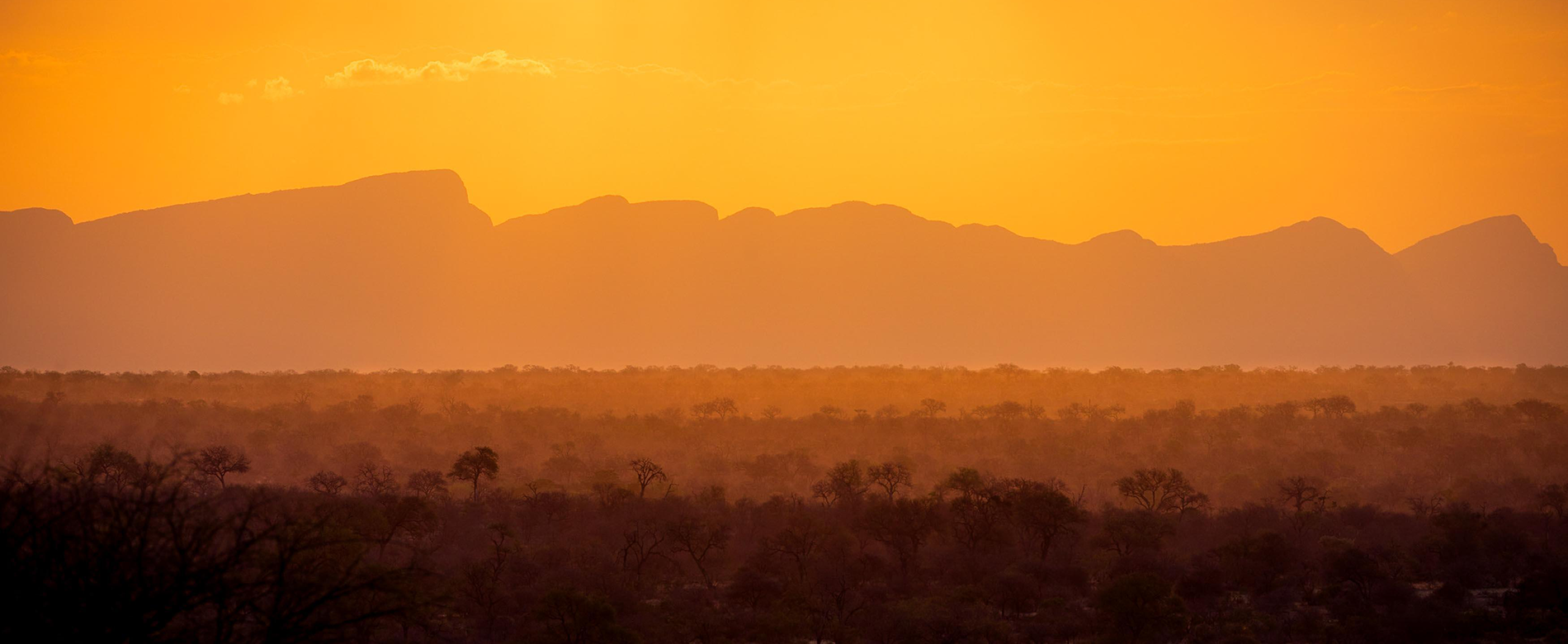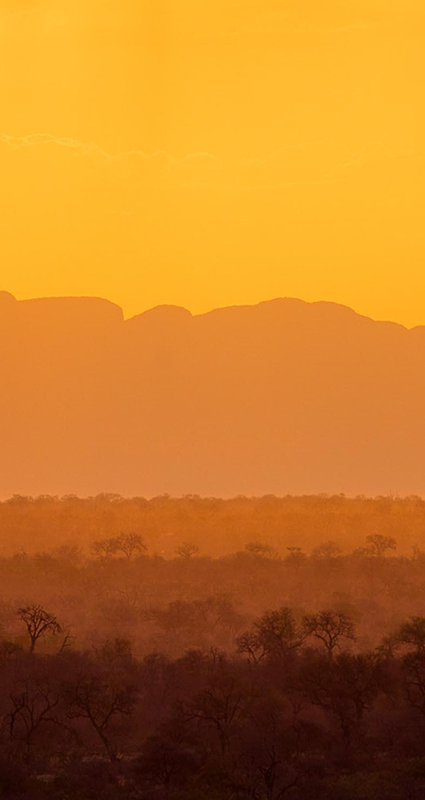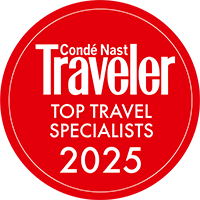Safari experts & storytellers. Since 1991
From making eye contact with gorillas to visiting endemic species in Madagascar, trailing the Wine Route in Cape Town or bearing witness to the majesty of the Great Migration – Africa bubbles over with life-changing ventures.
It's important to note that peak safari seasons, particularly during the Great Migration in Kenya and Tanzania, or dry season game viewing in Botswana, book out well over a year in advance. The best camps and lodges? They're often fully reserved 18 months ahead, sometimes longer for premium lodges during prime wildlife seasons. Plan your African safari twelve to eighteen months ahead to secure premium experiences during peak seasons.
Let’s unpack some helpful information for first-time safari visitors.
How to plan a trip to Africa
Planning your safari 12 to 18 months in advance is best practice, to secure your dream safari experience.
18 Months before travel: Research destinations, budget and dates. Start talking to safari experts
12-15 Months: Begin serious itinerary planning to secure first-choice accommodation
6-9 Months: Confirm bookings, arrange flights, and begin preparations like visas and vaccines
3-6 Months: Shop for safari clothing, notify banks of travel plans
What country do you recommend for a first-time safari?
For first-timers, the question "Where should I go?" often feels overwhelming. Africa offers world-class safari experiences, from Kenya's Maasai Mara to South Africa's Kruger, each with distinct advantages. It all boils down to the experience you want to have, as Eastern and Southern Africa, broadly, offer very different safaris.
Kenya and Tanzania deliver the classic East African experience, complete with acacia-dotted savannahs, the Big Five, and some of the most spectacular wildlife concentrations on Earth. The Maasai Mara and Serengeti offer excellent year-round game viewing, though the Great Migration period in each destination commands premium pricing and requires the longest advance booking.
South Africa is an excellent first-timer destination, combining world-class game reserves like the Greater Kruger area with excellent infrastructure, malaria-free options in some regions, and the opportunity to extend your trip with Cape Town's wine country or dramatic coastline. The country's well-developed tourism infrastructure often feels more familiar to international visitors.
Botswana appeals to those seeking a more exclusive, low-impact safari experience. The Okavango Delta offers unique water-based game viewing, while Chobe National Park hosts some of Africa's largest elephant populations. However, Botswana generally commands higher prices due to its conservation model limiting visitor numbers.
Namibia suits adventurous first-timers drawn to dramatic desert landscapes alongside traditional game viewing. The country offers excellent self-drive opportunities for independent travellers and some of Africa's most photogenic scenery.
Expert guidance, personal connection
Our team comprises more than travel professionals – we’re Africa specialists who understand that your safari investment deserves meticulous attention to both experience and impact. Many hold advanced degrees in natural sciences, bringing academic rigour to practical journey planning. Others are experiences guides who know Africa inside out.
During your extended planning process, your safari expert becomes your window into Africa's conservation landscape. Post-safari, we facilitate ongoing engagement with the projects you've discovered, transforming a holiday into a lifelong connection with Africa's wild places.
Detailed safari planning timeline
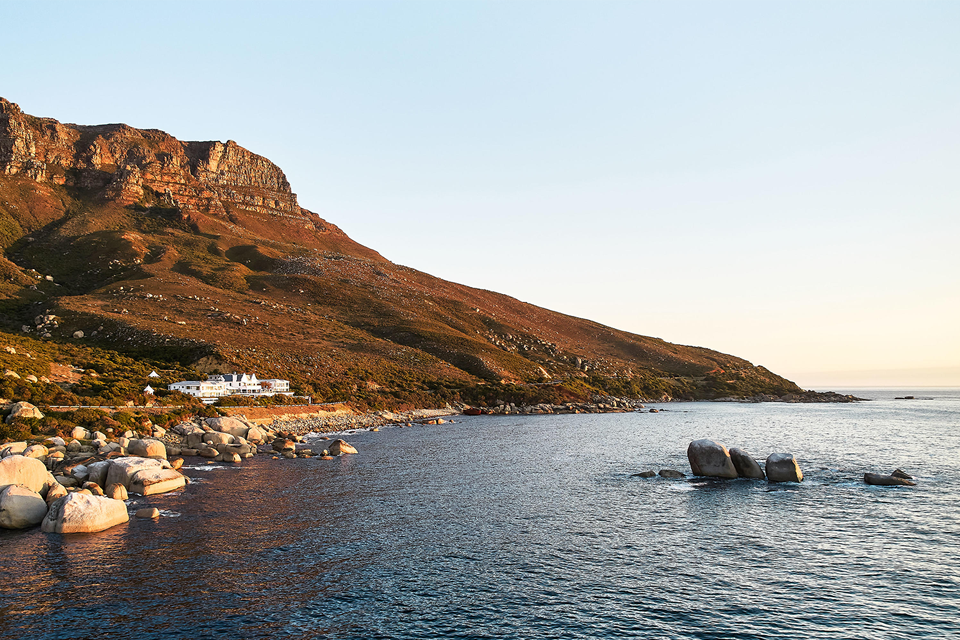
18 months before travel
Research destinations and begin narrowing down preferences
Set initial budget parameters (remember to include international flights, visas, vaccinations, and tips)
Identify preferred travel dates and flexibility around peak seasons
Begin initial conversations with safari specialists
Start saving for your trip (earlier planning allows for better financial preparation)
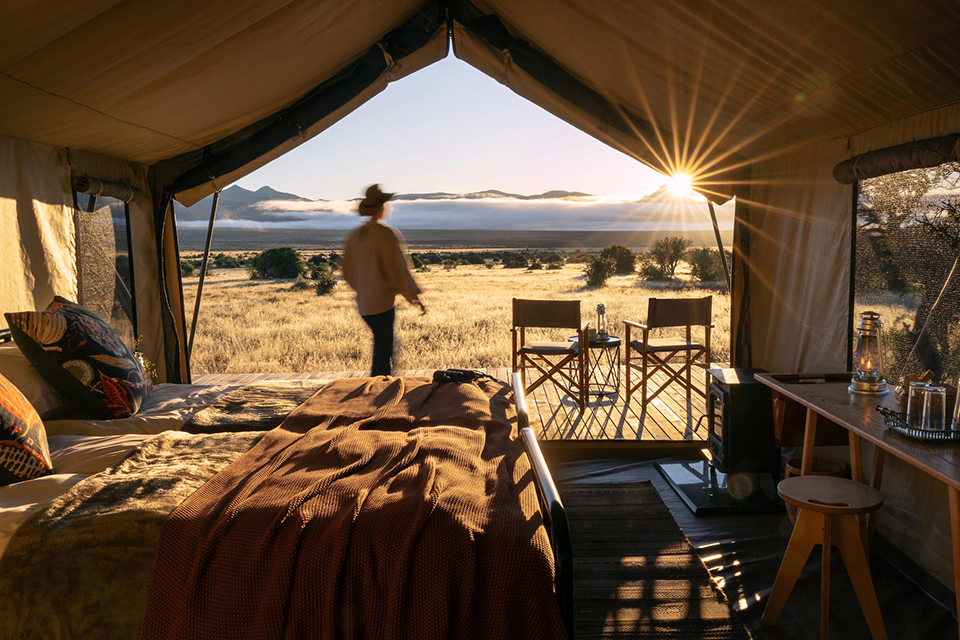
15 months before travel
Finalise destination choice based on seasonal wildlife patterns and personal interests
Begin serious discussions with safari specialists about detailed itinerary options
Compare different accommodation styles (luxury lodges vs. mobile camping vs. mid-range options)
Consider travel insurance options and understand cancellation policies
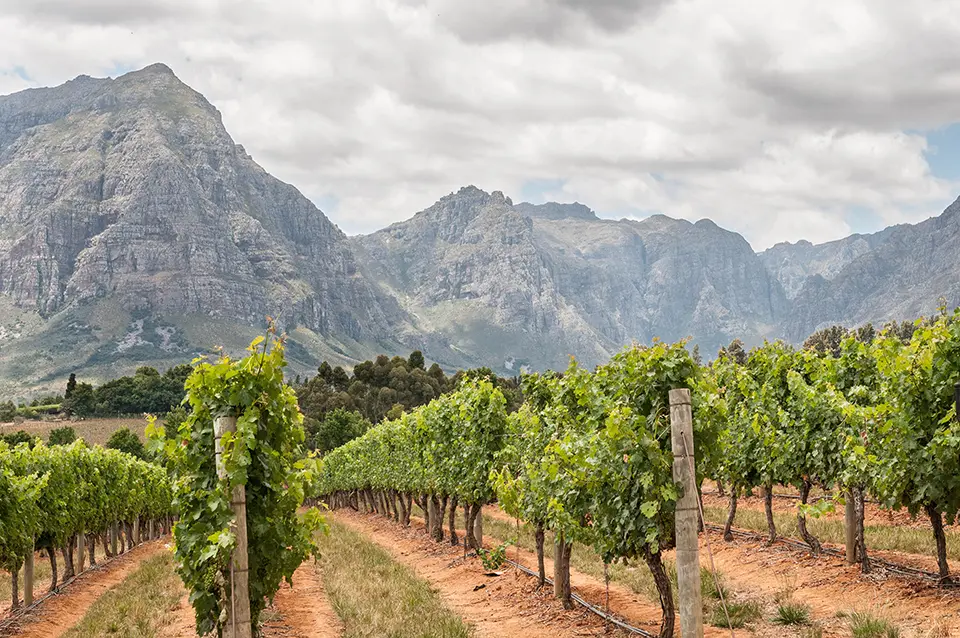
12 months before travel
Confirm and book accommodation, especially for peak season travel
Secure internal flights and transfers between destinations
Apply for necessary visas (some can take several months to process)
Begin vaccination schedule if required (some vaccines need multiple doses over time)
Book international flights or at least place holds on preferred options
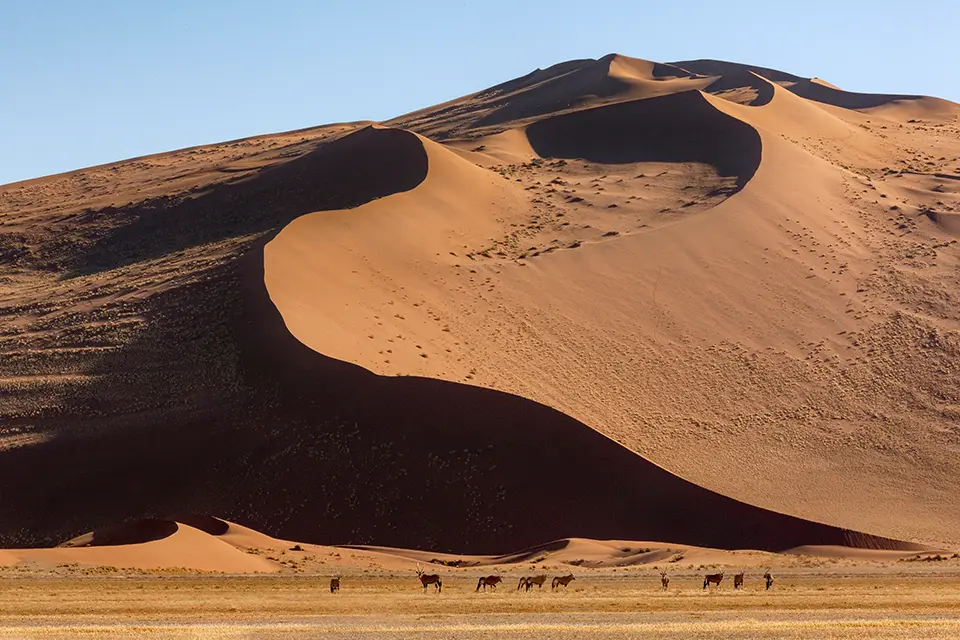
9 months before travel
Finalise all ground arrangements and confirm all bookings
Complete visa applications and ensure passport validity (many countries require 6+ months validity)
Purchase comprehensive travel insurance
Begin researching and purchasing safari clothing and equipment (scroll down to download our handy packing guide)
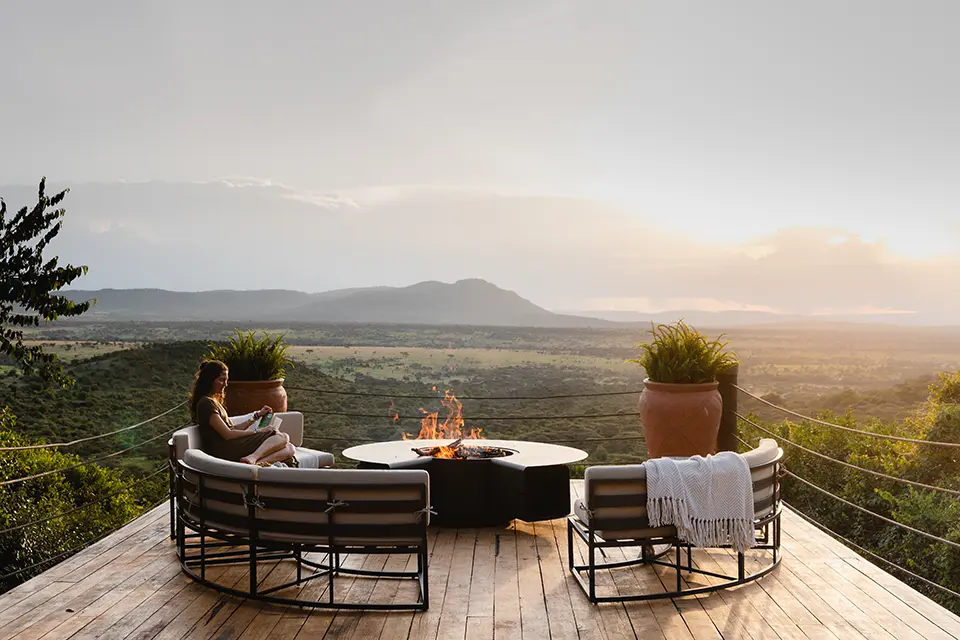
6 months before travel
Confirm all vaccinations are up to date
Research and book any pre or post-safari extensions (Victoria Falls, Cape Town, Zanzibar, etc.)
Begin learning about wildlife and ecosystems you'll encounter
Arrange airport transfers and any overnight stops needed for international connections
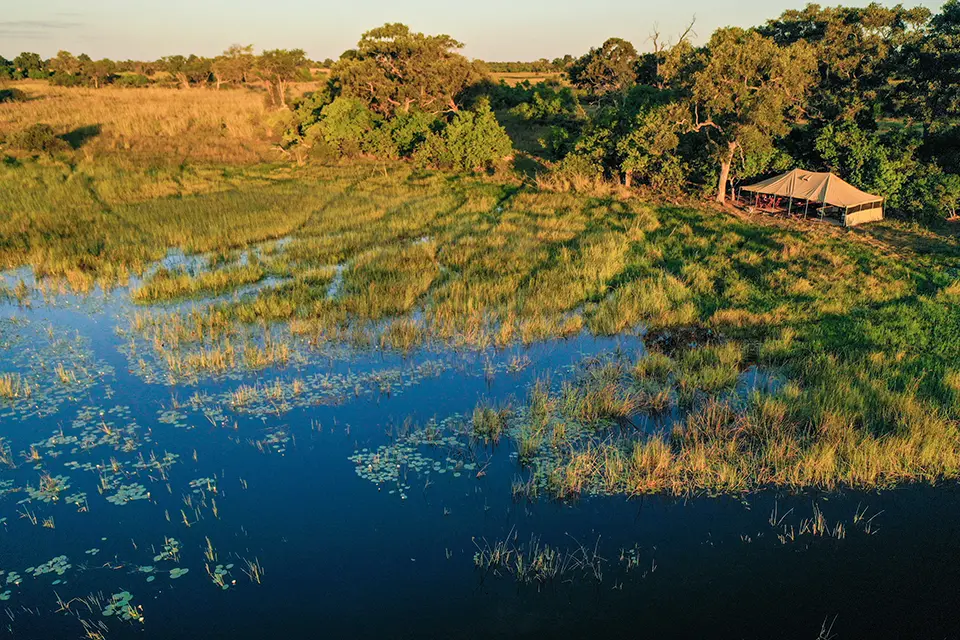
3 months before travel
Confirm all booking details and check-in requirements
Purchase any remaining safari equipment (binoculars, camera equipment, appropriate clothing)
Download offline maps and wildlife identification apps
Notify banks of travel plans to avoid card blocks
Arrange foreign currency for tips and incidentals
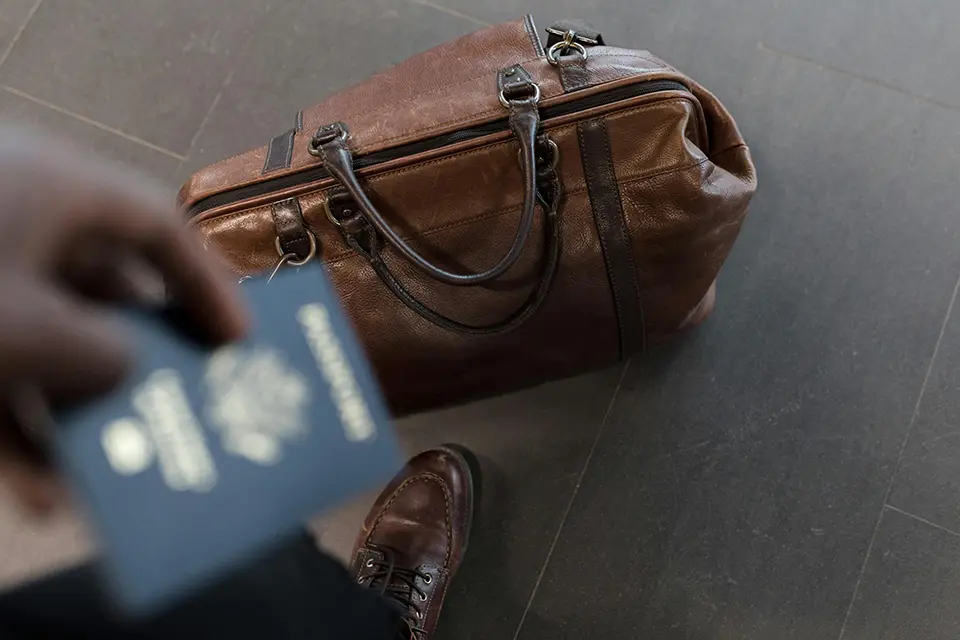
1 month before travel
Complete online check-ins where possible
Pack strategically (remember weight restrictions on bush planes)
Create digital copies of important documents (passports, insurance, booking confirmations)
Brief family/friends on your itinerary for emergency contact purposes
Confirm all pre-departure requirements
Download the AG packing guide
Planning your safari? Our downloadable checklist covers everything from clothing layers to camera gear, organised by category for easy packing.
Our conservation partners
We donate a portion of every safari sold to selected conservation efforts at ground level. Your safari funds our conservation publishing division, which educates the world about important conservation matters. Our chosen lodge partners support local community initiatives, ensuring that tourism benefits the nearby villages directly. They also adhere to strict environmental practices, such as limited vehicle numbers and sustainable camp operations, which help protect the ecosystem.
Our commitments to you
Tailormade experiential safaris: trust us to find you the rarest animals, the most spectacular wildlife events, the remotest landscapes and deeply meaningful cultural encounters!
The best safari experts: our safari specialists come from diverse backgrounds - from private safari guides, to lodge managers and conservationists. They either live in Africa or have lived there for many years. All have many years of travelling and hand-crafting safaris for discerning guests who want the best experiences
The best lodges: we carefully select lodges, guides and transport providers for your African holiday based on quality, service and ethics
24/7 concierge service: our team are on call at all times while you are travelling, to help iron out those little wrinkles that can occur
Your safari with us makes a difference: we donate a portion of every safari sold to selected conservation efforts at ground level. Your safari also supports our conservation publishing division, which educates the world about African conservation realities.
Financial security: Guest payments are processed through Flywire, a leading international payment gateway known for its high safety and security standards.
Trusted by thousands of ecstatic travellers
✔️ 5 Star Trustpilot Rating ✔️ 5,000+ Safari Trips Completed
✔️ 35+ Years of Experience ✔️ 2025 Conde Nast Travel Specialist Award Winner
“I have been travelling with Africa Geographic for more than a decade... Amateur photography is my hobby, and each trip has been unique, well-planned, and fulfilled my purposes whether it was a tent camp in Zambia to see the bat migration, to visit Ethiopia, or, as on this trip, with my family of 11 including five children (7-18 yrs) to introduce them to the gorillas and chimpanzees of Uganda and the golden monkeys in the Volcano NP in Rwanda. The details of the trip, met our needs and desires ... Trust and enjoy.”
“Our second trip using Africa Geographic. This was a 12-day itinerary including Windhoek, Sossusvlei, Walvis Bay, Brandberg, Etosha, and Okonjima. Excellent planning, communication, information package, and advice. Accommodation absolutely as we expected. The private guide was superb, and the vehicle was excellent. Fabulous experience. Highly recommended.”
“Benjamin knocked it out of the park! We are the DIY type and have never used a travel agent before, so we were kind of sceptical. Ben took the time to ask all the right questions and tweaked the plan based on our feedback until it was perfect (we didn't make it easy on him!). The trip was all we dreamed of and more! I can't recommend this company enough for a once-in-a-lifetime trip."
Frequently Asked Questions about planning your safari
For peak season travel (June-October in most destinations), you should begin planning 12-18 months in advance. Premium lodges and camps often book out 18 months ahead, particularly during the Great Migration season in Kenya and Tanzania. If you're flexible with dates or considering shoulder seasons, 6-9 months may suffice, but your accommodation choices will be more limited.
Kenya and Tanzania offer the classic East African experience with the Big Five and Great Migration. South Africa provides excellent infrastructure, some malaria-free options, and the opportunity to combine safari with wine country or coastal experiences. Botswana delivers exclusive, low-impact safari experiences but at premium prices. Namibia appeals to those seeking desert landscapes alongside traditional game viewing. Your choice depends on your budget, travel style, and specific wildlife interests.
Safari experts provide invaluable expertise, particularly for first-timers. They understand seasonal wildlife patterns, maintain relationships with ground operators, monitor availability across multiple properties, and can coordinate complex itineraries involving internal flights and transfers. The complexity of African safari logistics makes professional guidance highly recommended.
Safari costs reflect genuine expenses including small aircraft flights to remote locations, highly trained guides, meals prepared in wilderness settings, and conservation concession fees that directly support wildlife protection. Quality safari experiences typically start around $300-400 per person per day for mid-range options, escalating for premium camps during peak seasons.
This depends largely on your age, travel style, and priorities. Younger travellers often prefer longer trips with simpler accommodation, allowing them to experience multiple countries and ecosystems whilst maximising wildlife encounters. Older travellers or those with limited vacation time typically find better value in shorter trips to premium properties with seamless logistics and consistent comfort.
South Africa, Kenya, Tanzania, Botswana, and Namibia all maintain well-established safari tourism industries with excellent safety records. These countries have mature tourism infrastructure, experienced guides, and established emergency protocols. Safety largely depends on choosing reputable service providers, and following standard travel precautions.
We maintain impeccable safety standards while preserving the authentic wild experience that makes Africa extraordinary. Your safety is paramount, managed through experience, preparation, and respect for the natural world.
Wildlife encounters: Professional guides with years of experience read animal behaviour like a familiar book. Following their guidance ensures both your safety and the well-being of the wildlife you've come to observe.
Remote location protocols: Luxury camps maintain comprehensive communication systems, emergency medical facilities, and evacuation procedures. Many employ resident medical staff or have partnerships with medical evacuation services.
Personal security: The remote locations where you'll spend your time are remarkably safe, far removed from urban concerns. Your primary considerations are following camp protocols and guide instructions. When in cities, adopt the usual safety procedures to avoid crime that you would anywhere in the world.
Transportation safety: We use premium operators who maintain their vehicles to exacting standards and employ only highly experienced drivers who understand both the terrain and wildlife behaviour.
An authentic luxury safari represents a significant investment in transformative travel. Budget a minimum of $700 per person per day, or approximately $1,000-$3,000 per person per day for truly exclusive experiences, with private villas and mobile camps commanding premium rates.
Included in premium experiences:
Domestic flights to camps (often in private aircraft)
All meals and premium beverages
Private guide and vehicle
All game activities and cultural experiences
Laundry service
Emergency medical evacuation insurance
Conservation fees and community contributions
Additional considerations (which we can arrange for you):
International flights to gateway cities
Visa fees and travel documentation
Gratuities for exceptional service
Personal shopping and spa treatments
Read more about the costs associated with an African safari here
Yes, your money is safe.
Secure & Easy Payments via Flywire
To make paying for your trip as smooth as possible, we use Flywire, a trusted global travel payments platform. Flywire allows you to pay securely in your local currency, often with better exchange rates and lower fees than traditional international bank transfers.
With Flywire, you benefit from:
Secure, encrypted payments for peace of mind
The ability to pay in your local currency
Transparent pricing with no hidden fees
Faster, more reliable international transactions
Dedicated customer support throughout the payment process
Using Flywire helps ensure your travel payment is handled efficiently and safely, so you can focus on planning and enjoying your journey.
By booking your safari with Africa Geographic, you make a significant difference because:
We donate a portion of every safari sold to selected conservation efforts at ground level
Your safari supports our conservation publishing efforts, which educate the world about Africa's incredible biodiversity and the local people who protect it
Our chosen lodges support local community initiatives, ensuring that tourism benefits the nearby villages directly. They also adhere to strict environmental practices, such as limited vehicle numbers and sustainable camp operations, which help protect the ecosystem
YOUR safari choice does make a difference - thank you!
Many safari destinations welcome children, though age restrictions vary by operator and destination. Some camps don't accept children under 8 or 12 due to safety considerations around wildlife. Family-friendly destinations like South Africa's Greater Kruger area often provide excellent options for travelling with children, including child-specific activities and shorter game drives.
Click here to schedule a no-obligation call with one of our safari experts or fill in our 2-minute form with your questions. Our team of experts are here to help! Whether you’re curious about the best time to travel, want to hear first-hand about an experience or need help planning you safari.
Some of our African safaris
Our safari experts have chosen these as their favourites based on extensive travels all over Africa for many years. Many of our guests use these as inspiration when curating and tailor-making their holiday with one of our safari experts.

Why choose us to craft your safari?
Handcrafted experiential safaris since 1991.
Travel in Africa is about knowing when and where to go, and with whom. A few weeks too early/late or a few kilometres off course, and you could miss the greatest show on Earth. And wouldn’t that be a pity?

Trust & Safety
Make a difference
We donate a portion of the revenue from every safari sold to carefully selected conservation projects that make a significant difference at ground level.
YOUR safari choice does make a difference - thank you!
